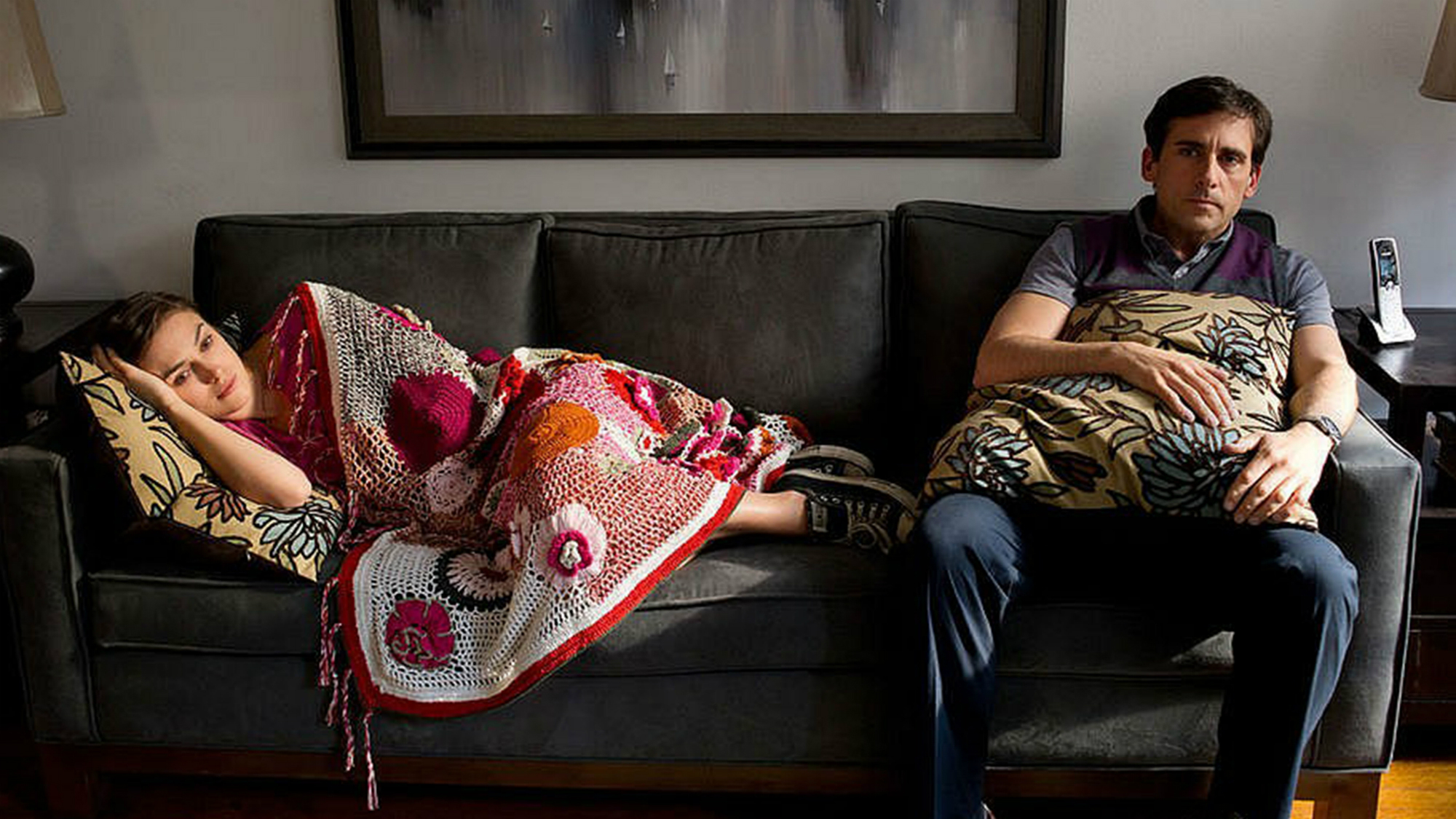Everything you need to know about Gonorrhoea
From the symptoms and tests to treatments, here’s everything you need to know...


From the symptoms and tests to treatments, here’s everything you need to know...
Gonorrhoea is the second most common bacterial sexually transmitted infection in the United Kingdom, yet still not enough people know the signs and symptoms.
Gonorrhoea, like Chlamydia (the most common STI in the UK), is easily treated, but if undetected, it can lead to serious long-term health issues from pelvic inflammatory disease to infertility.
Here’s everything you need to know about Gonorrhoea…
What is Gonorrhoea?
Gonorrhoea (also known as ‘the Clap’) is a sexually transmitted disease caused by Neisseria gonorrhoea, a type of bacteria found in vaginal fluid and penis discharge.
What are the symptoms of Gonorrhoea?
Some people don’t actually experience any symptoms from Gonorrhoea, with almost 50% of infected women not noticing any signs.
For those that do feel the effects, the symptoms can vary from pain when urinating and genital itching to abnormal vaginal discharge and irregular menstrual bleeding. Other signs to look out for include pain during sex, fever and general tiredness and lower abdominal pain.
Celebrity news, beauty, fashion advice, and fascinating features, delivered straight to your inbox!

Can Gonorrhoea make you infertile?
If Gonorrhoea is left untreated it can lead to infertility. If the bacteria has time to spread, it can result in pelvic inflammatory disease, blocking the Fallopian tubes and decreasing fertility.
Can Gonorrhoea go away on its own?
Waiting for Gonorrhoea to go away on its own is one of the worst ways to deal with the disease as the time will actually allow the bacteria to spread, potentially leading to more dangerous long-term health problems.
How do you treat Gonorrhoea?
Gonorrhoea is easily treated with a course of antibiotics, usually involving an antibiotic injection, followed by an antibiotic tablet. After the treatment, there should be a noticeable improvement but in some cases it may take up to two weeks for the symptoms to clear completely.

How can you catch Gonorrhoea?
Gonorrhoea is a sexually transmitted disease that you can contract from vaginal, anal and oral sex.
How do you prevent Gonorrhoea?
Gonorrhoea can be easily prevented by using either male or female condoms as a form of contraception.
How do you get tested for Gonorrhoea?
Getting tested for Gonorrhoea is simple, and the infection can be easily diagnosed by testing a sample of discharge, either with a swab at home or at sexual health clinic.
If you are experiencing some of the symptoms listed and think you might have Gonorrhoea, you should contact your doctor or visit your local sexual health clinic as soon as possible.

Jenny Proudfoot is an award-winning journalist, specialising in lifestyle, culture, entertainment, international development and politics. After working at Marie Claire UK for seven years - rising from intern to Features Editor - she is now a freelance contributor to the News and Features section.
In 2021, Jenny was named as a winner on the PPA's '30 under 30' list, and was also listed as a rising star in journalism.